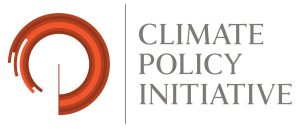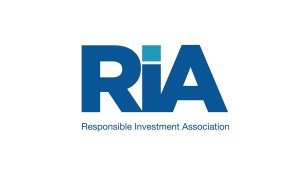Climate Financing Report
The Net Zero Asset Owner Alliance releases a climate financing report aimed at developing a framework for expanding global climate and sustainable development project financing.
The Net Zero Asset Owner Alliance has a total of 86 institutional investors with a management scale of $9.2 trillion.
Related Post: Climate Policy Initiative Releases 2025 Global Climate Finance Report
Introduction to Climate Financing Framework
To achieve the net zero goal by 2050, the world needs $1.3 trillion in climate financing by 2035. To achieve this goal, the Net Zero Asset Owner Alliance provides the following recommendations:
- Catalytic capital: Catalytic capital refers to funds that can bear disproportionate risks and returns compared to traditional funds, and they are an important part of climate financing in the early stages. Reducing their application and reporting burden can accelerate the financing process.
- Standardizing blended finance vehicles: Blended finance vehicles can reduce private investment risks in climate financing processes but still face obstacles such as high transaction costs and long investment terms. Standardized hybrid financing tools can solve these problems.
- Scaling bankable projects: The number of investable projects in emerging markets is an important factor limiting climate financing, so these countries need to increase more projects and provide technical support and resources to reduce initial investment risks.
- Increasing MDB private capital mobilization: Multilateral development banks are major participants in climate financing, and for every $1 increase in their balance sheets, it can drive $0.5 in private funds. Multilateral development banks can seek more climate financing opportunities.
- Enhancing data transparency: When data lacks transparency, investors may misjudge emerging market risks, and reliable data can lower investment barriers and boost confidence. Improving disclosure mechanisms and enhancing transparency of stakeholder information can achieve this goal.
- Addressing regulatory barriers: Institutional investors such as pension funds, banks, and insurance companies manage many funds, and prudent regulation may affect the allocation of funds to emerging markets. Regulatory agencies should encourage long-term capital deployment, reduce investment barriers, and develop policies that are in line with the global climate financing strategy.
Reference:
How the NZAOA is Supporting the Unlocking of $1.3 Trillion in Climate Finance





